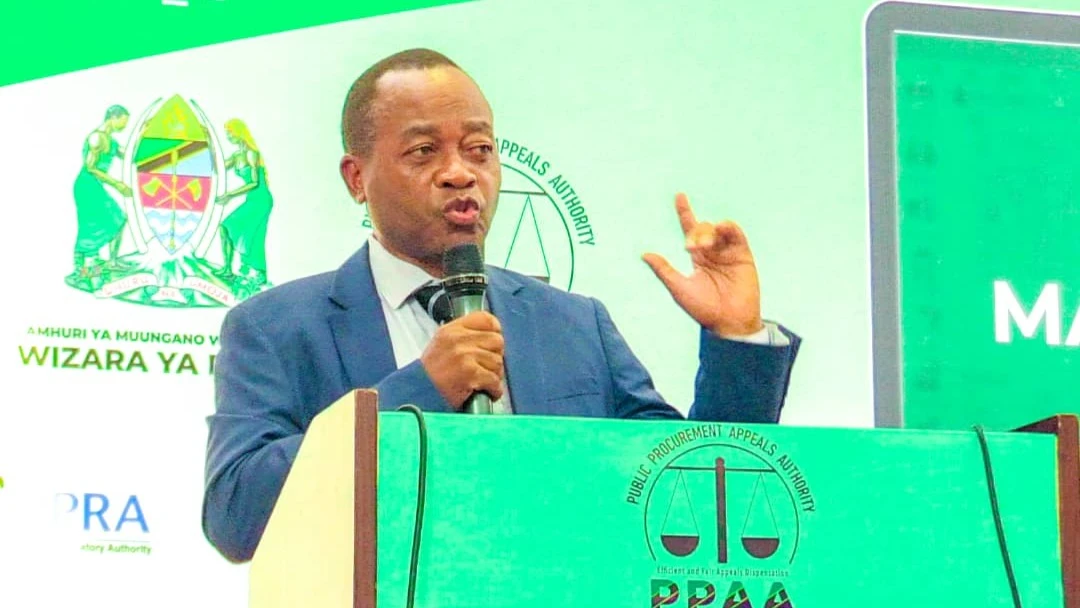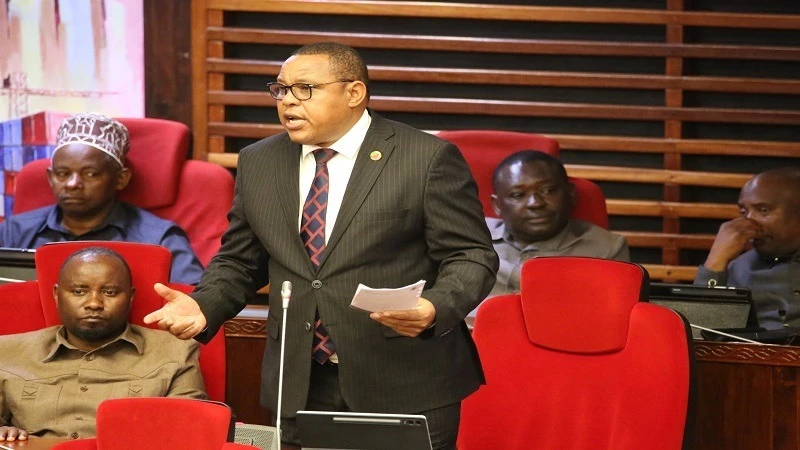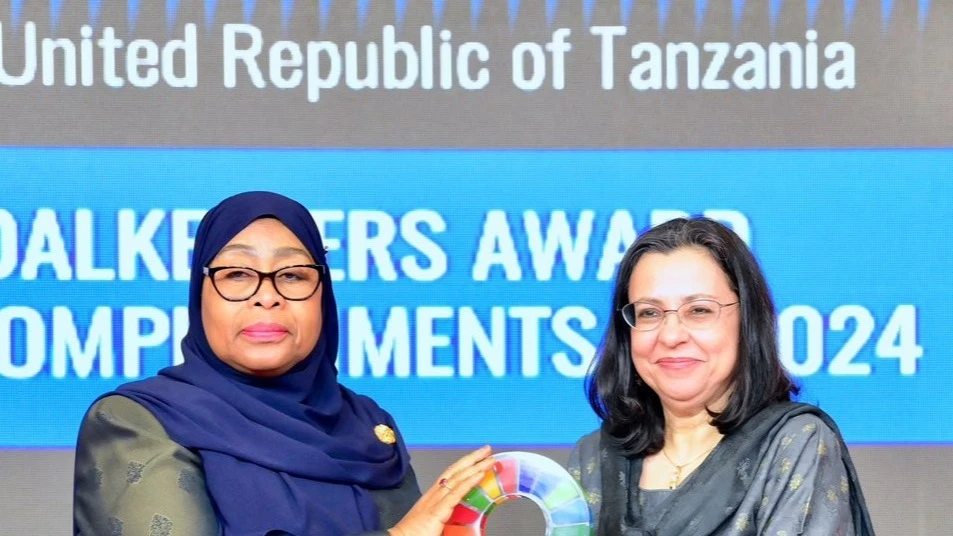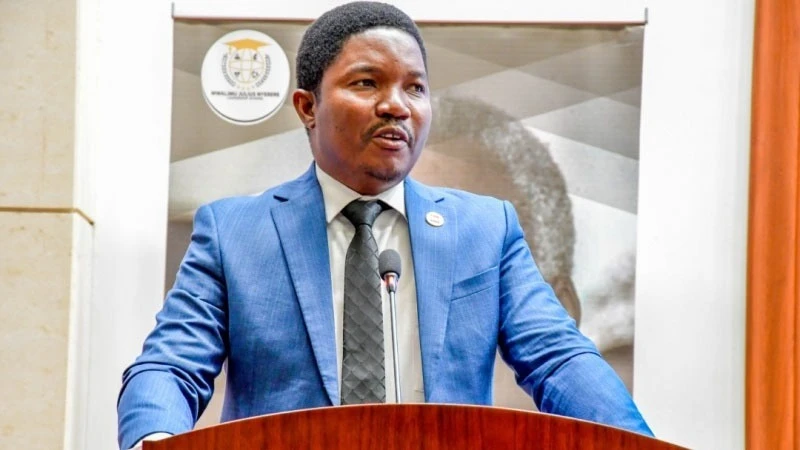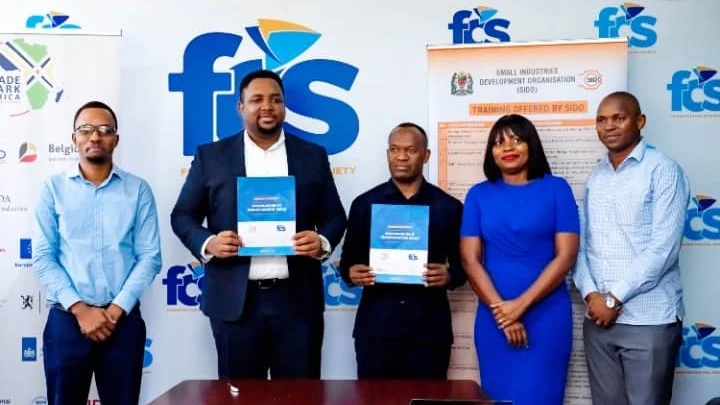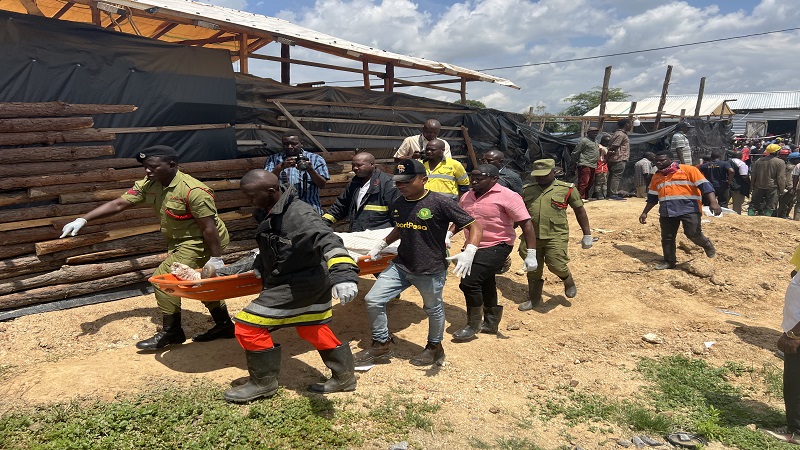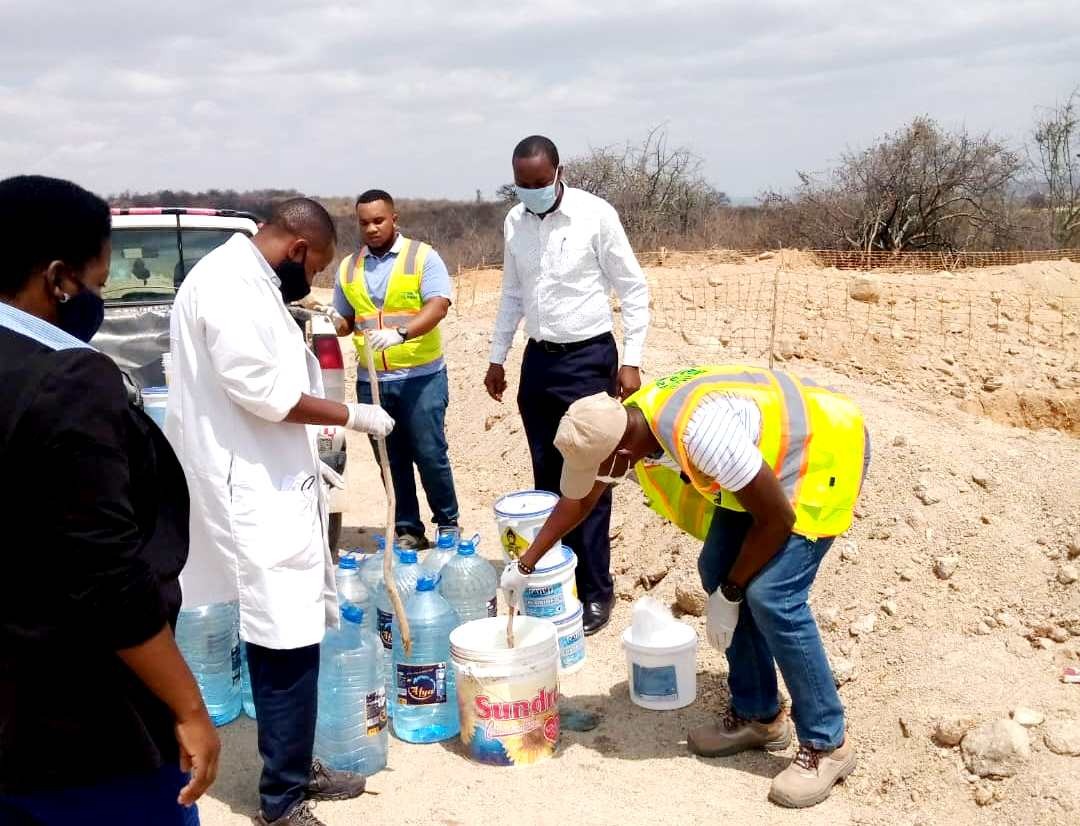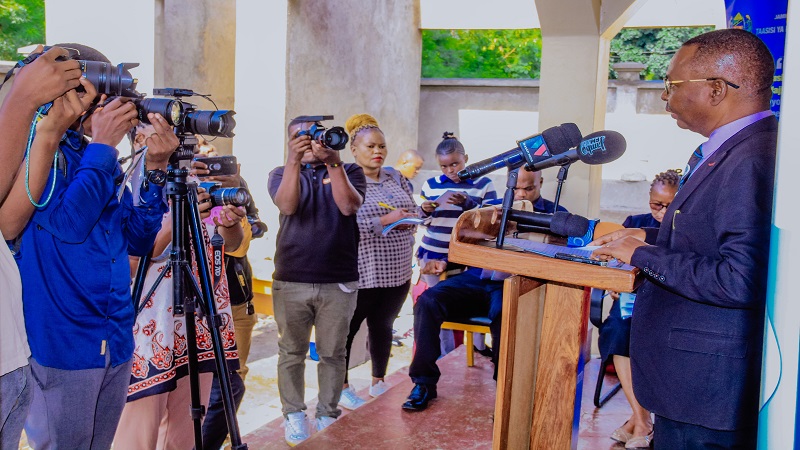UNDP brings together Tanzania, Uganda to fortify mining regulatory frameworks
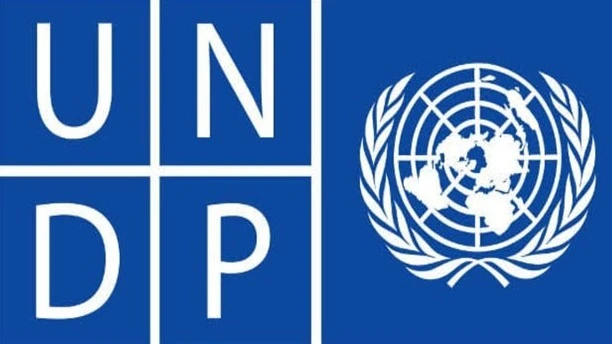
Tanzania’s achievements in transforming its mining sector have attracted the attention of neighboring Uganda, as both nations strengthen their ties for mutual development through strategic regional collaborations facilitated by the United Nations Development Programme (UNDP).
On December 3rd, a high-level meeting took place in Dodoma, where senior officials from Uganda’s Ministry of Energy and Mineral Development, the Uganda Chamber of Mines, and representatives of small-scale miners engaged with experts from Tanzania’s Ministry of Minerals and its agencies.
The purpose of this meeting was to exchange knowledge on mining sector management and operations. This gathering was part of a broader knowledge exchange initiative organized by UNDP under the ACP-EU Development Minerals Programme.
This program is implemented in Africa and the Caribbean and aims to support governments and stakeholders in improving the profile and management of Development Minerals.
These minerals include industrial minerals, construction materials, dimension stones, and semi-precious stones, which are often referred to as neglected minerals.
Engineer Yahya Samamba, Permanent Secretary in the Ministry of Minerals, highlighted the country’s progress in mineral exploration since gaining independence in 1961. He pointed out key milestones in value addition and private sector involvement.
According to him, this journey has involved the establishment and strengthening of important institutions such as the Geological Survey of Tanzania (GST), the State Mining Corporation (STAMICO), and the Tanzania Extractive Industries Transparency Initiative (TEITI).
He asserted that these organizations now play significant roles in managing, regulating, and promoting sustainable mining practices through geological research, supporting small-scale miners to access financing from commercial banks, value addition techniques, and through unlocking of both domestic and international markets.
Engineer Irene Bateebe, the Permanent Secretary of Uganda’s Ministry of Energy and Mineral Development, expressed her admiration for Tanzania’s thorough and well-rounded approach to the mining sector, in particular on how the country has been successful in managing and coordinating artisanal small scale miners.
She articulated her dedication to implementing these exemplary practices within Uganda’s mining industry to foster substantial improvements.
Furthermore, she acknowledged the indispensable role that the UNDP has been playing in their country especially in facilitating the sharing of knowledge across borders and in enhancing capacity-building initiatives.
She realised that the two countries have similar ambitions and hence these efforts of knowledge sharing are instrumental in fortifying regulatory frameworks, promoting sustainable development within the region, and improving the working conditions of artisanal and small-scale miners who are integral to the mining ecosystem.
Godfrey Nyamrunda, the UNDP National Coordinator for the ACP-EU Development Minerals Programme, emphasized the importance of regional partnerships in realizing Africa’s natural resource potential for inclusive and sustainable growth.
He stated that this collaboration aligns with UNDP’s commitment to empowering communities through innovative solutions and promoting shared learning opportunities among nations through South-South Cooperation.
Nyamrunda admitted that Tanzania has made significant strides in harnessing local value addition to minerals, organizing mineral trade and state participation in mining operations.
Minerals minister Anthony Mavunde said that Tanzania’s strategy has been based on increased efficiency, enhanced monitoring of mineral smuggling and strict enforcement of mineral regulations.
“It is against this background that UNDP will, in collaboration with Uganda's Ministry of Energy and Mineral Development, organize an exploratory and knowledge exchange visit to Tanzania to learn from counterparts,” said Mavunde.
He said the initiative is in line with the ACP-EU Development Minerals Programme’s objective of enhancing inter-ACP knowledge exchange and collaboration to enable ASMEs in the Development Minerals sector to increase their competitiveness and incomes from their mining and mineral processing operations, as well as making Development Minerals value chains more inclusive and sustainable.
According to the Tanzania Extractive Industry Transparency Initiative (TEITI), the value of minerals rose from 8.18trn/- in 2020/21 to 8.73trn/- in 2021/22 with gold remaining the dominant mineral.
In 2022/23, mining exports generated $3.1billion, representing 56 percent of Tanzania’s foreign earnings. Mining contributed 15 percent of domestic tax revenue, amounting to 2.1trn/-.
However, it is mentioned that there is a challenge of mineral extraction carried out by small gold miners. In the period from July 2023 to May 2024, the Ministry in collaboration with other authorities has succeeded in capturing various minerals with a total value of 3.9bn/- that were being smuggled in the mining regions of Geita, Songwe, Chunya, Kahama, Mbeya and Kilimanjaro.
The 2024/25 Mining Budget Speech explains that in the last financial year 157 small miners were arrested and accused of being involved in the smuggling of minerals including gold.
Top Headlines
© 2025 IPPMEDIA.COM. ALL RIGHTS RESERVED














